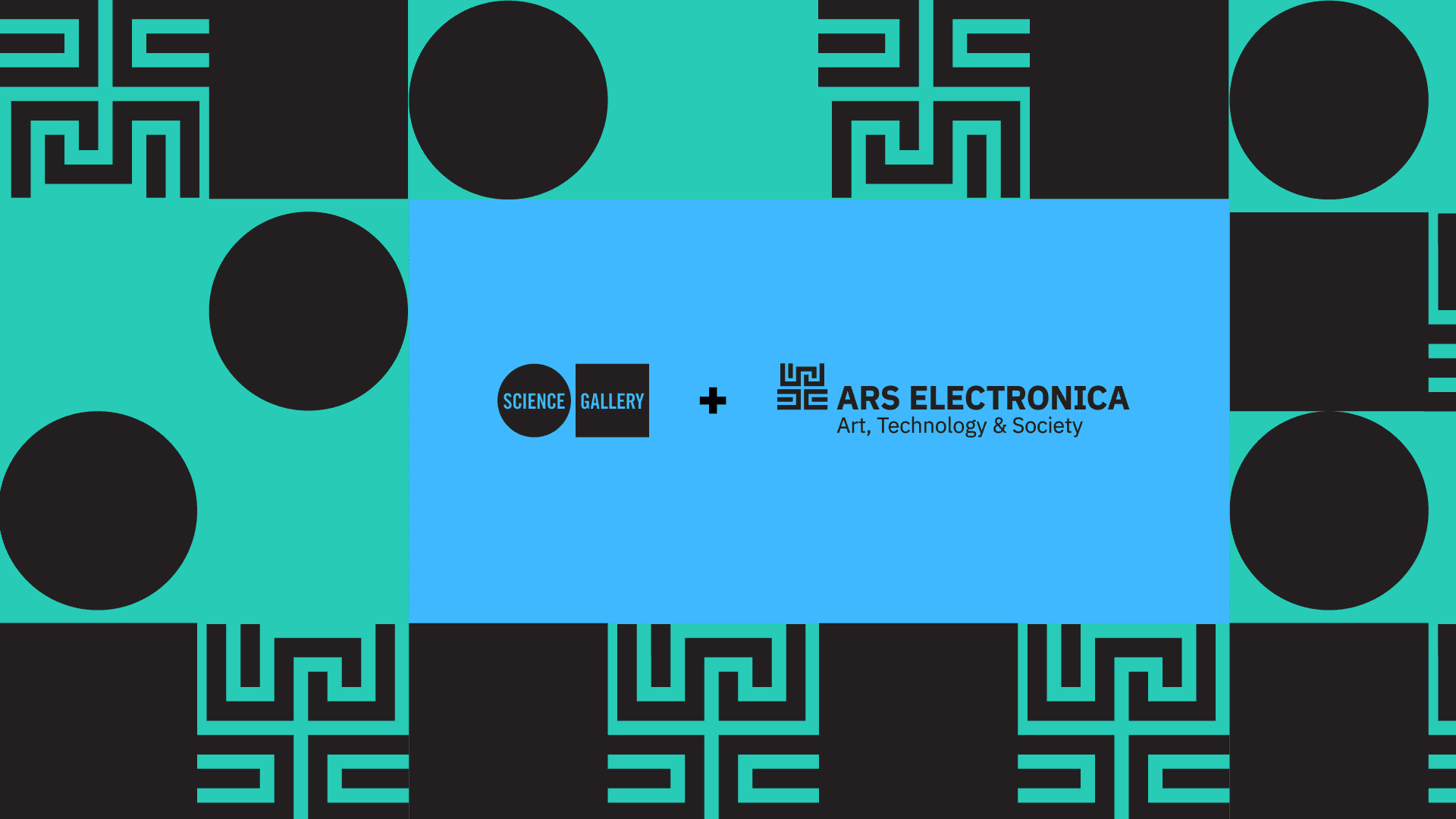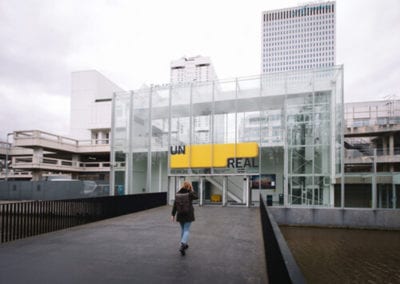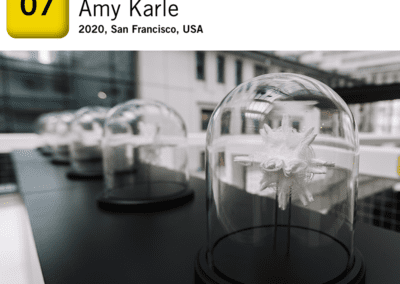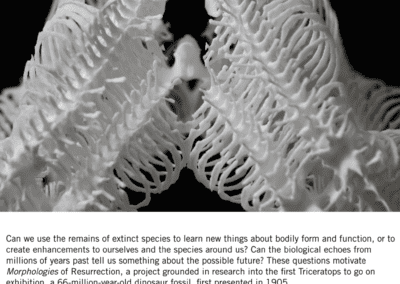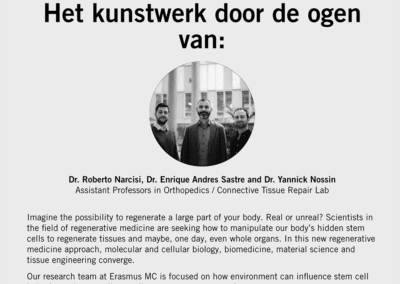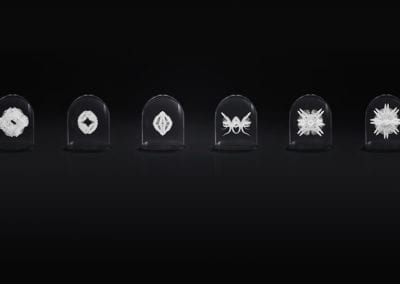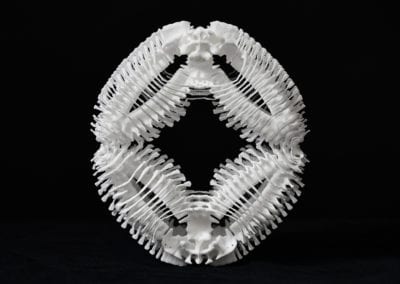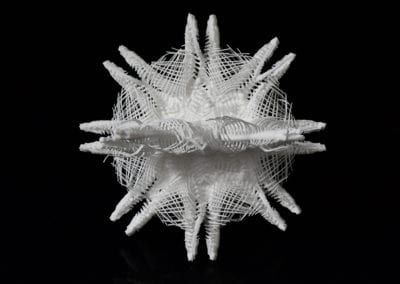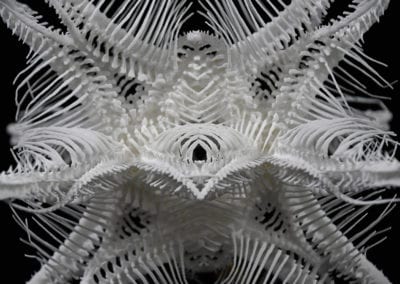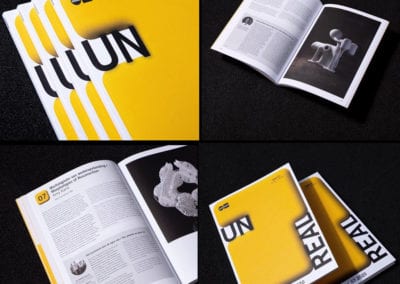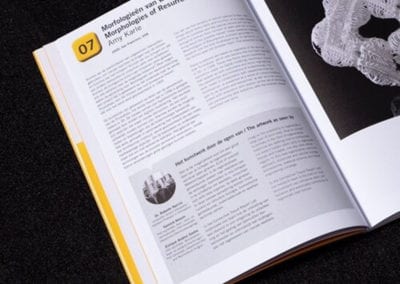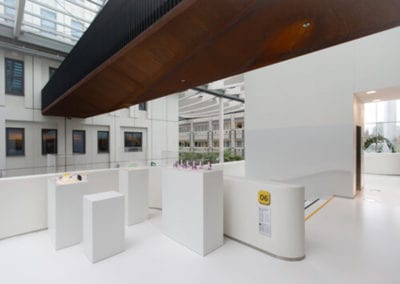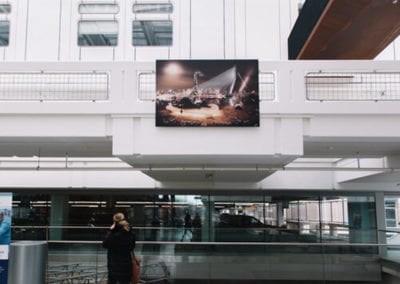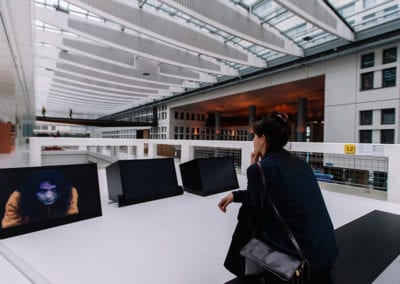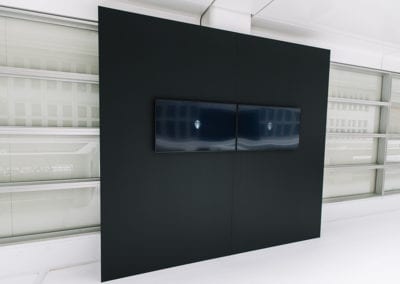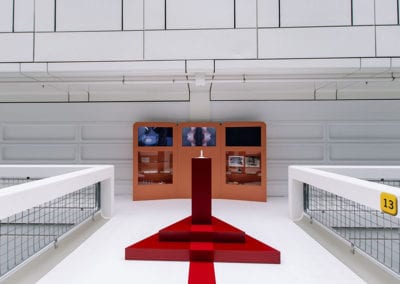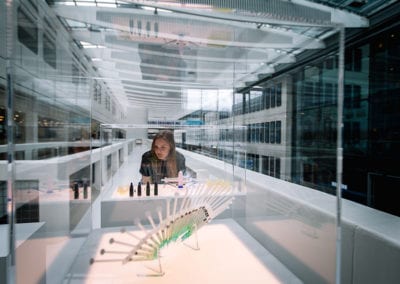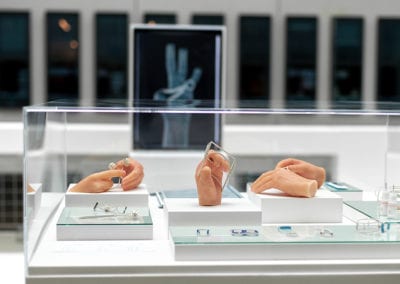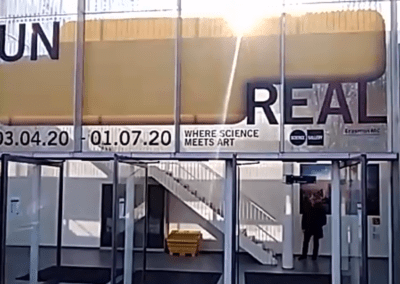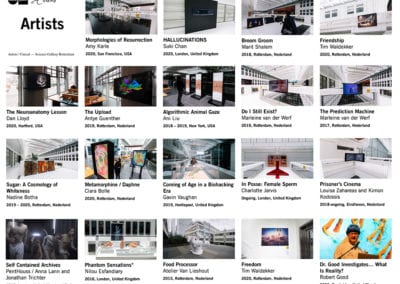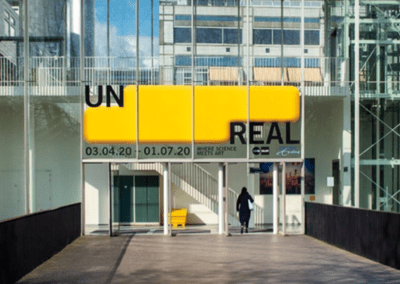[UN]REAL
Science Gallery Rotterdam
3 April 2020 – 29 November 2020
Dr Molewaterplein 40
3015 GD Rotterdam
The Netherlands
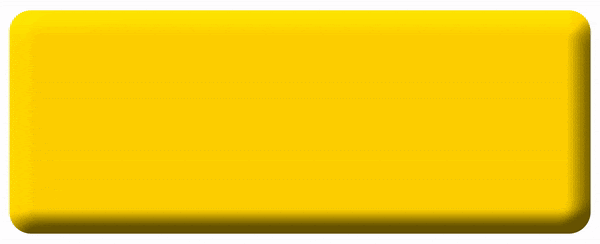
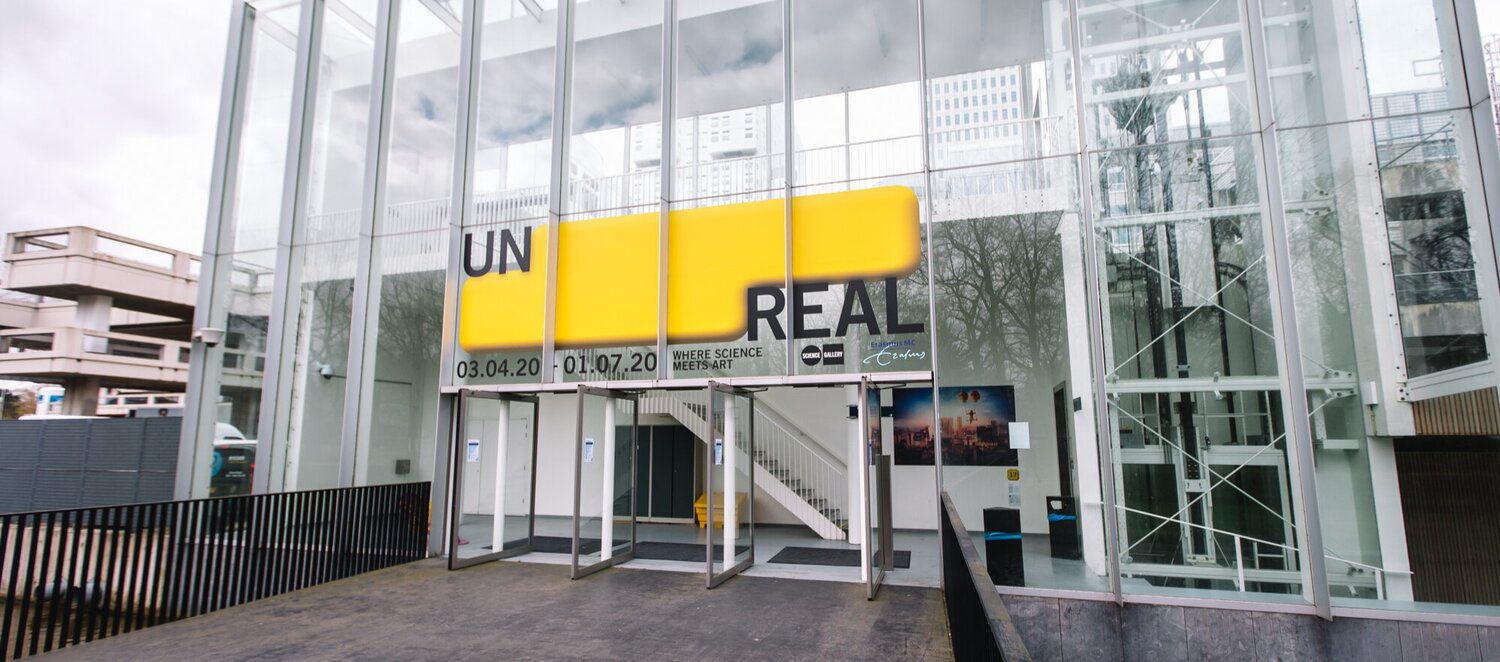
What is real, and how are you sure it is so? Can you be confident in your perceptions when so many experiences are digital or influenced by the changing chemistry and architecture of your brain? Biomedical research uncovers ways that our minds and senses produce gaps between the actual and the observed. How do we navigate such ‘blind spots’, which can be exploited by trickery like fake news, but then embraced willingly to escape from reality? Researchers work to answer, as well as to complicate these questions, as we build new understanding of mental conditions such as dementia and phenomena like the placebo effect, and we advance basic research in Neuroscience. At the same time, research in fields such as Genetics and Reproductive and Regenerative Medicine is destabilizing the reality of nature as we know it.
[UN]REAL invites you to engage with art projects that respond to this fertile terrain between the actual and the perceived. The works address topics including our self-perception, the possibility of female sperm, how the eye processes information, possibilities of de-extinction, and the implications of a human-machine hybrid to produce food. These works can serve as bridges of understanding and platforms for debate, but perhaps even more important, they are welcome signs, announcing a new meeting place for research, society, art, and healthcare. – from https://unrealexhibition.com
Wat is ‘echt’ en ben je daar wel zeker van? Kun je vertrouwen op je eigen waarneming als zoveel ervaringen digitaal zijn of worden beïnvloed door processen in onze hersenen? Biomedisch onderzoek laat zien hoe onze gedachten en zintuigen ‘gaten’ creëren tussen de werkelijkheid en wat we waarnemen. Hoe vinden we onze weg door zulke ‘blinde vlekken’, die ons vatbaar maken voor fake news, maar die we soms ook nodig hebben om te ontsnappen aan de harde realiteit? De wetenschap beantwoordt deze vragen en stelt ook weer nieuwe vragen. Onderzoekers komen steeds meer te weten over onze hersenen en mentale aandoeningen zoals dementie, en over verschijnselen zoals het placebo-effect. Tegelijkertijd maakt onderzoek in velden als genetica en voortplantings- en regeneratieve geneeskunde het mogelijk dramatisch in te grijpen in de realiteit van de natuur zoals we die kennen.
Science Gallery Rotterdam in het Erasmus MC nodigt je uit om kunstprojecten te bekijken, die reageren op het terrein tussen werkelijkheid en waarneming. Ze zijn gewijd aan onderwerpen zoals zelfperceptie, de mogelijkheid van vrouwelijk sperma, de manier waarop het oog informatie verwerkt en de implicaties van een mens-machine hybride om voedsel te produceren. De kunstwerken kunnen dienen als brug naar begrip en als aanleiding voor debat. Maar misschien nog wel belangrijker: ze heten je welkom op een nieuwe ontmoetingsplek voor wetenschappelijk onderzoek, samenleving, de kunsten en gezondheidszorg.
Science Gallery at Erasmus MC is part of the Global Science Gallery Network. Science Gallery Rotterdam at Erasmus University Medical Center Rotterdam is a public space where science, art, society, education and health care meet.
Also cross-presented as part of Ars Electronica Garden Rotterdam
https://ars.electronica.art/keplersgardens/en/igniting-creativity/
Science Gallery’s international network partners with Ars Electronica to explore trust, technology, global challenges, arts innovation and new forms of digital storytelling at their global 2020 festival, In Kepler’s Gardens.
How will virtual reality impact therapy? Where is the cloud and who controls it? How could biodesign improve or destroy our lives? What can stick insects teach AI about dance? How can art and science collaboration inspire climate activism? And with 95% of the universe a mystery, what role do artists and scientists have in unravelling and understanding the unknown?
From 9 to 13 September, the Science Gallery Garden at the Ars Electronica Festival will showcase the best of the world’s only university network dedicated to public engagement with science and art. Pioneered at Trinity College Dublin, the Science Gallery Network consists of leading universities united around a singular mission: to ignite creativity and discovery where science and art collide. The eight galleries of the Science Gallery Network are committed to bringing science, art, technology and design together to deliver world-class educational and cultural experiences for young people. This month, they will join forces with Ars Electronica and over 120 cities worldwide for an international festival of art, technology and society, featuring live talks, interactive workshops and streams from across the globe. Register for all these free events on the Science Gallery Dublin homepage at dublin.sciencegallery.com, and view the full festival program on the Ars Electronica website at https://ars.electronica.art/keplersgardens from 5 September.
